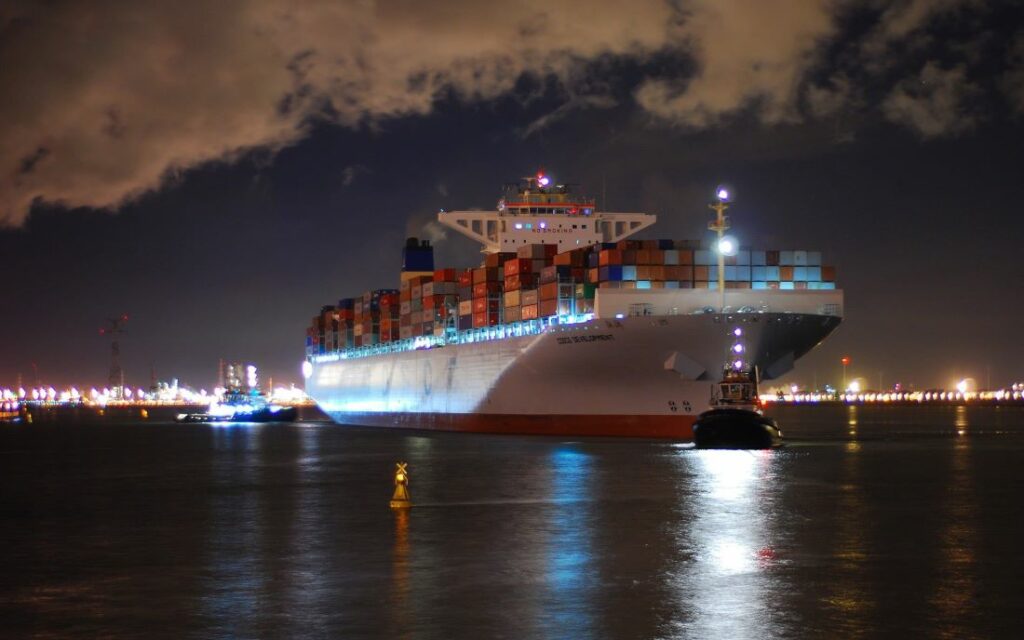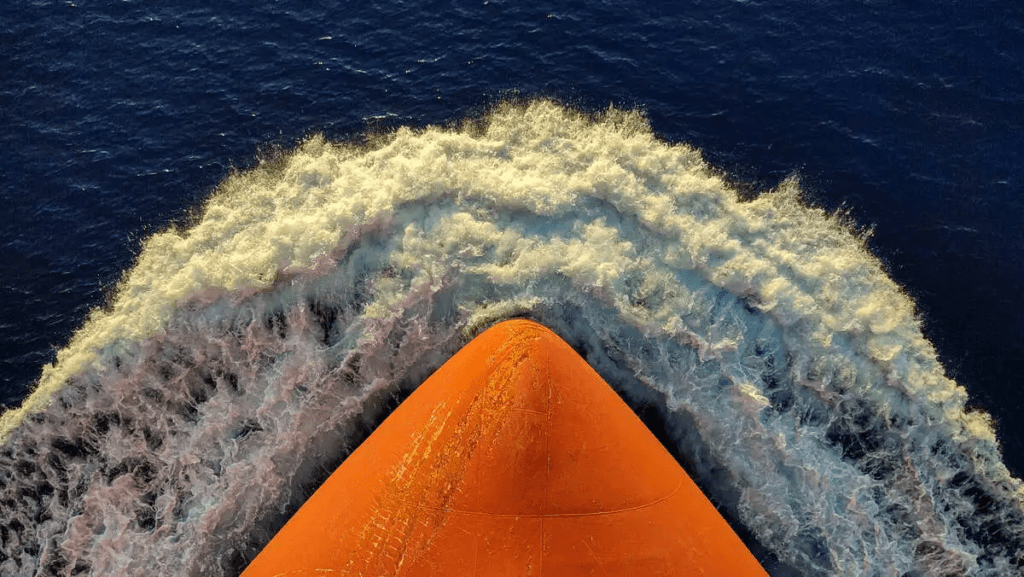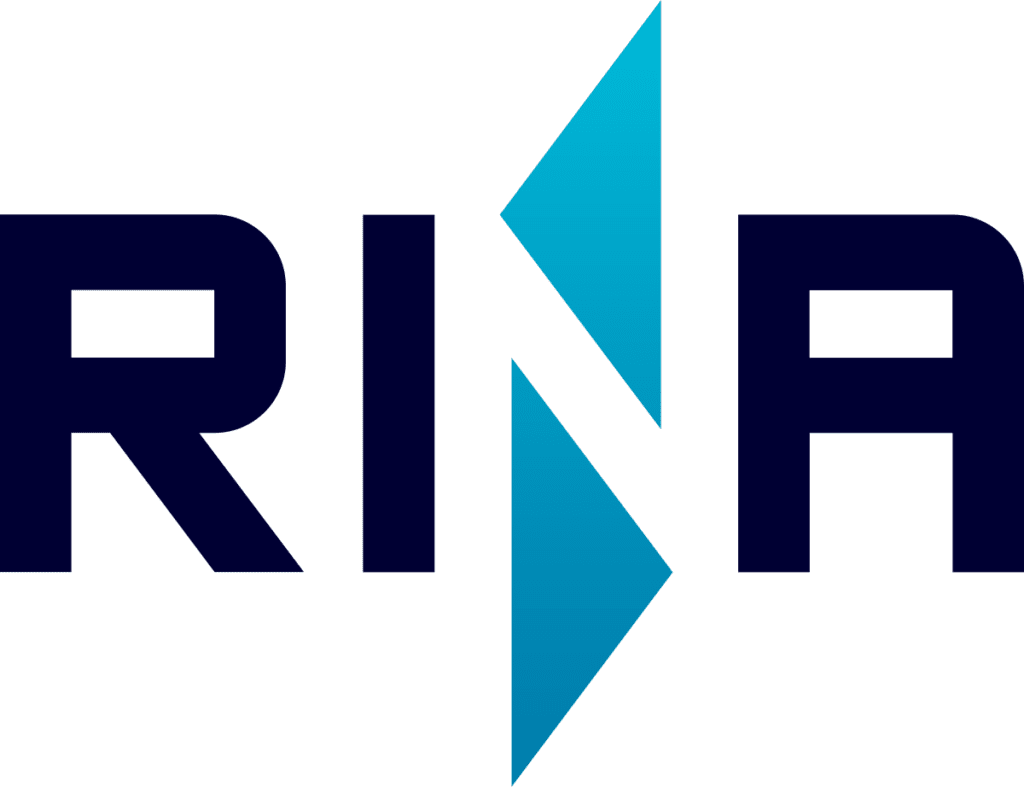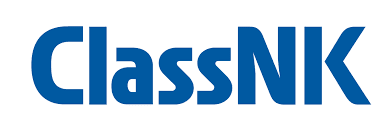Streamline your EU-ETS and FuelEU Compliance
Since 1 January 2024, vessels calling European ports will need to procure EU-Allowances (EUA’s) and are subjected to EU-ETS. This is part of the EU Emissions Trading System (EU-ETS), a carbon tax scheme long applied to other industries in Europe. In 2024 only over 40% of your emissions, but that will increase rapidly.
And from 2025 onwards, these vessel owners will have to pay their levies for FuelEU Maritime also. This regulation makes you pay when the GHG intensity of your vessels’ fuels —measured from production well to your ship’s wake— does not decrease enough; and the threshold more difficult to achieve every year.
EU-ETS is a so-called “cap-and-trade” scheme, where a certain amount is allowed and tax is paid over the surplus you emit. For UK port calls, similar requirement wills follow shortly and surely. FuelEU is a “book-and-claim” scheme, for which the EU wants vessel owners to switch to low-carbon and renewable fuels. Vessel owners that do not switch fast enough, will pay significant penalties (of up to 4x the fuel price per tonne).
These regulations are “in flux” and will be adjusted. Your high-quality and verified EU-MRV and UK-MRV emission reports form the basis of both EU-ETS and FuelEU regulations, with their British counterparts that will come.

We streamline your EU-ETS and FuelEU
Compliance Made Easy
Simplified settlements and pooling of several vessels.
Our certified VerifIQ-tool facilitates direct EUA settlements and pooling of FuelEU GHG emissions reductions.
No Surprises at Year-End
Pre-verified emission reports make sure your EUA purchases tally.
Avoid complex settlement and pooling conflicts, for instance, with your Time-charterers.
Cost Efficient EUA solution
Flat and competitive pricing.
No bundling with expensive vessel management solutions typically deployed by Class societies.
Your Crew Will Love It
Minimized hassle and data requests.
Periodic checks and pre-verification by our auditors ensure timely and proactive data quality.

Why would you optimize for EU-ETS and FuelEU?
Avoid year-end surprises if verified GHG emission reports don’t match the EUA’s purchased. And non-compliance penalties for FuelEU are severe and can be very costly. These regulations can cause big headaches already today.
And keep in mind – today is no guarantee for tomorrow. You want to be ready for what is coming:
For EU-ETS the % over which you pay for EUA increases very fast. And EUA prices are volatile…, and widely expected to only go up.
For FuelEU the threshold you are required to meet for your fleet are increasing yearly. Penalties are steep and designed to be more expensive than the cost of e-fuels: over 2,500 Euros per tonne of GHG above the threshold, in addition to bunker costs.
Get support to be EU-ETS and FuelEU-ready
VPC, trusted all over the world
We are Control Union Vessel Performance Centre B.V. (VPC). We are part of Royal Peterson and Control Union. Our VPC offers vessel compliance and performance solutions to shipping. We deliver our services globally under a single quality system, through our network of Control Union offices. Our central team of experts is your single point of contact for our global services.
EU-ETS and FuelEU Maritime made easy!
We help you lower the administrative burden in the ways:
- First and foremost, with just one click you can purchase your EUA´s using your pre-verified EU-MRV reports.
- And secondly, our tool allows you to pool EUA´s accross your vessels and your fleet.
More about VPC or Peterson and Control Union?




